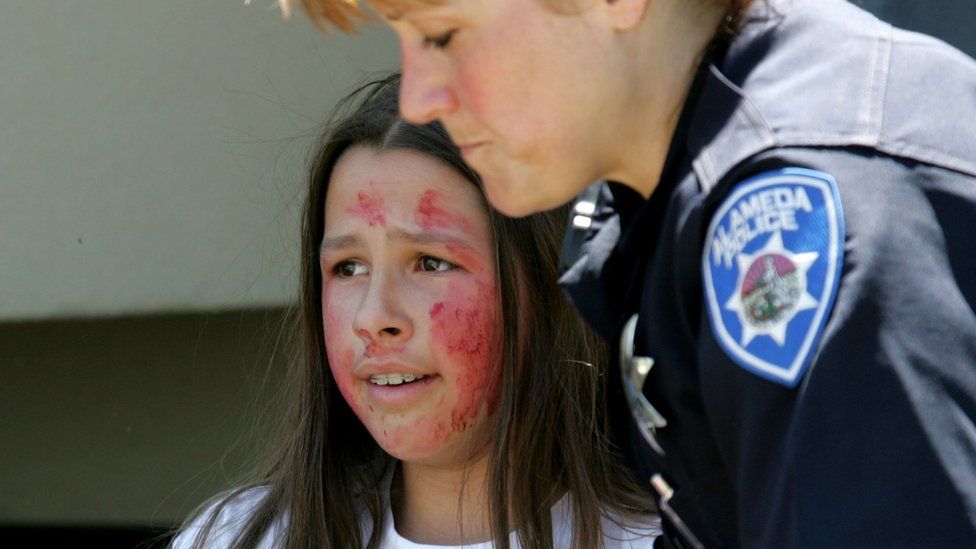Firm proposes Taser-armed drones to stop school shootings
Taser developer Axon said this week it is working on building drones armed with the intoxicating electric weapons that can fly into schools and “help prevent the next Uvalde, Sandy Hook or Columbine.” But his own technology consultants soon regarded the idea as a dangerous fantasy.
The publicly traded company, which sells tasers and police cameras, last year brought the idea of a new police drone product to its Artificial Intelligence Ethics Council, a group of respected experts in technology, policing, and privacy.
Some of them expressed reservations about weaponizing drones in over-guarded communities of color. But they weren’t expecting Axon to announce Thursday that it wants to send those Taser-equipped drones into classrooms to prevent mass shootings by immobilizing an intruding gunman.
Axon’s stock price rose with the news. But the announcement angered members of the ethics council, some of whom are now likely to quit in protest.
“This particular idea is insane,” said Barry Friedman, a law professor at New York University who serves on the Axon AI Ethics Board. Drones cannot fly through closed doors. The physical properties of the universe still hold true. So unless you have a drone in every classroom in America, which seems insane, the idea isn’t to work.”
Friedman said it was a “dangerous and fantastic idea” that went well beyond the Taser-equipped police drone proposal that board members — some of them former or current police officers — had been debating in recent months.
“We begged the company not to do it,” Friedman said of its announcement. “It was unnecessary and embarrassing.”

Board members who spoke to The Associated Press said they were surprised by the school drone proposal — which they learned only earlier this week — and forged a unanimous statement of concern that described Axon’s decision as “deeply regrettable.” The company tweeted the board’s dissent shortly after its announcement on Thursday.
“I wouldn’t be surprised if there were layoffs,” said another ethics board member, Ryan Calo, a law professor at the University of Washington. “I think everyone on the board has to choose whether they want to stay involved.”
Friedman and Calo described this week’s trial as a sharp reversal of the respectful relationship Axon executives have had with the board in recent years on controversial topics such as facial recognition — which Axon decided not to use in its body cameras — and automated license plate readers.
“Sometimes the company takes our advice, and sometimes it doesn’t,” Friedman said. “It is important that this happens after proper consultation and coordination. That was thrown out the window here.”
Axon founder and CEO Rick Smith said he first shared his idea of using technology to stop mass shootings in a graphic novel he wrote called “The End of Killing”.
“Now my company is working to make the idea a reality,” he wrote Friday in an introduction to an “Ask Me Anything” chat on the online forum Reddit to discuss the proposed Taser drones. One of his first questions was what to do if a gunner tries to take down the drone.
“I believe it will be quite difficult to hit a relatively small drone, but it could certainly happen,” Smith wrote. “In one sense, anything we do that distracts a shooter from victims and shoots a drone is probably a good thing.”




